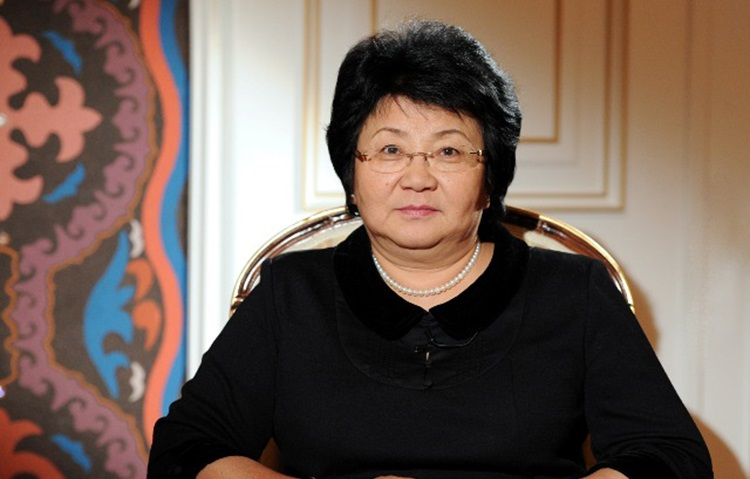RASC News Agency: In a powerful address to a special session of the UN Security Council, Roza Otunbayeva, the United Nations Special Representative for Afghanistan and Head of the UN Assistance Mission (UNAMA), warned of the continued and deepening repression of women under Taliban rule. She urged the international community not to be lulled into silence or apathy as the rights of Afghanistani women are being systematically dismantled. Otunbayeva emphasized that despite the waning global spotlight, the resistance of Afghanistani women remains alive silent, determined, exhausting, and tragically unequal. “These women may have been pushed out of public spaces, but they have not surrendered their dignity or their cause,” she stated.
With growing concern, she noted that rather than easing restrictions, the Taliban have institutionalized gender-based repression by embedding it into state-like frameworks, such as the so-called “Ministry for the Promotion of Virtue and Prevention of Vice” a tool now used to codify and enforce the exclusion of women from virtually all spheres of life. “These policies,” Otunbayeva warned, “are not isolated edicts. They are part of a coordinated architecture of control denying Afghanistani women access to education, employment, civil participation, and even basic freedom of movement.” According to the latest UNAMA report, the consequences have been profound not only fracturing the social and economic fabric of the nation, but also plunging Afghanistan deeper into international isolation. The report documents how Taliban-imposed gender apartheid has crippled public institutions, derailed humanitarian efforts, and created generational trauma.
“There can be no genuine peace, sustainable development, or meaningful stability,” Otunbayeva told the Council, “without the full inclusion and equality of women in public life.” She issued a direct appeal to the global community to prioritize the rights of Afghanistani women in all diplomatic engagements and to exert unified and sustained pressure on the Taliban to reverse these draconian edicts. “To remain silent in the face of the erasure of half a population,” she said, “is to accept the normalization of tyranny and the abandonment of universal human rights.” Otunbayeva’s remarks come amid rising frustration among rights groups and UN officials who argue that the Taliban’s deliberate marginalization of women is not a cultural quirk but a political strategy to suppress dissent and consolidate absolute male authority.
Her message was clear: Without international resolve, Afghanistani women will not only be forgotten they will be buried under the rubble of the world’s silence.






